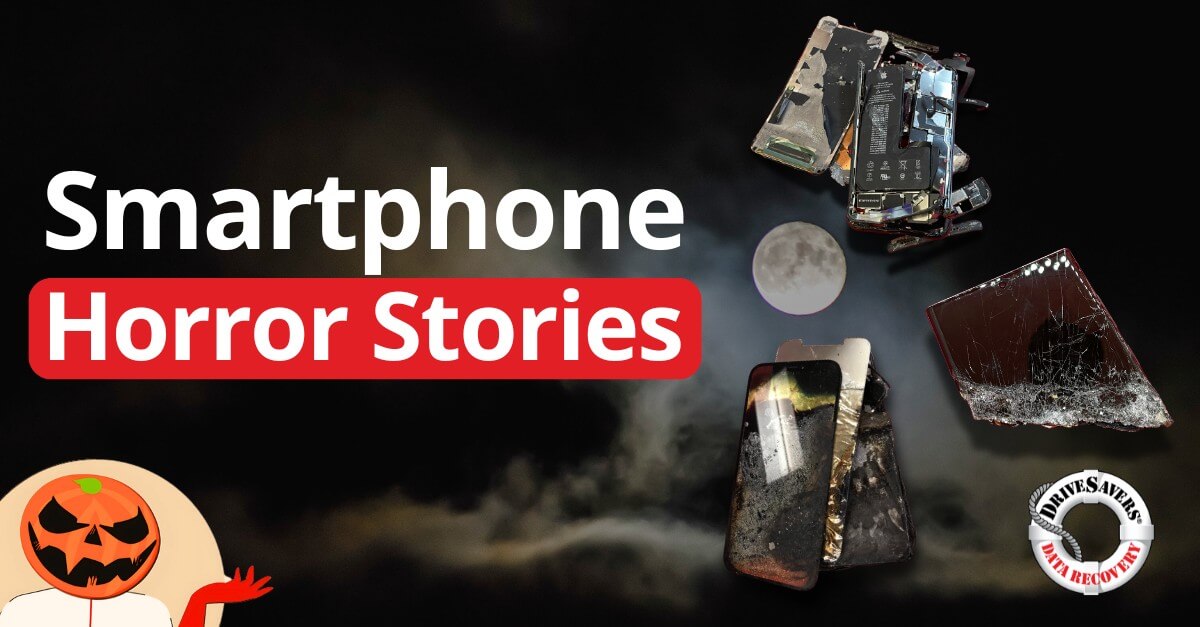Mandalyn Martini, a high school math teacher from Layton, Utah, recently shared her story of data loss and recovery. After storing 15 years of priceless family photos and important documents on an external hard drive, she faced a devastating moment when the device stopped working, leaving her unable to access memories including her daughters’ baby pictures.
Take Sochi Security Seriously

Anyone attending the Winter Olympics in person, or even following the action online, should take some serious safety precautions regarding cyber-related risks.
Federal authorities with the National Cybersecurity and Communications Integration Center (NCCIC) and the US Computer Emergency Readiness Team (US-CERT) prepared a list or recommendations for anyone visiting the games in Sochi, Russia and for viewers tuning in to online coverage of the XXII Winter Olympic Games.
NCCIC and US-CERT recommend sticking to well-known media sites for coverage of the games, to avoid being victimized by cyber criminals.
As with many international level media events, hacktivists may attempt to take advantage of the large audience to spread their own message,” the agencies advised. “Additionally, cyber criminals may use the games as a lure in spam, phishing or drive-by-download campaigns to gain personally identifiable information or harvest credentials for financial gain.”
Private communication devices, like smartphones, tablets and laptops, are not outlawed in Russia, but their use may be restricted by the government and any transmissions could very likely be monitored by Russian officials.
The Winter Games, held every four years, feature international competition in 15 different sports ranging from snowboarding, skating and skiing to curling, ski-jumping and hockey.




